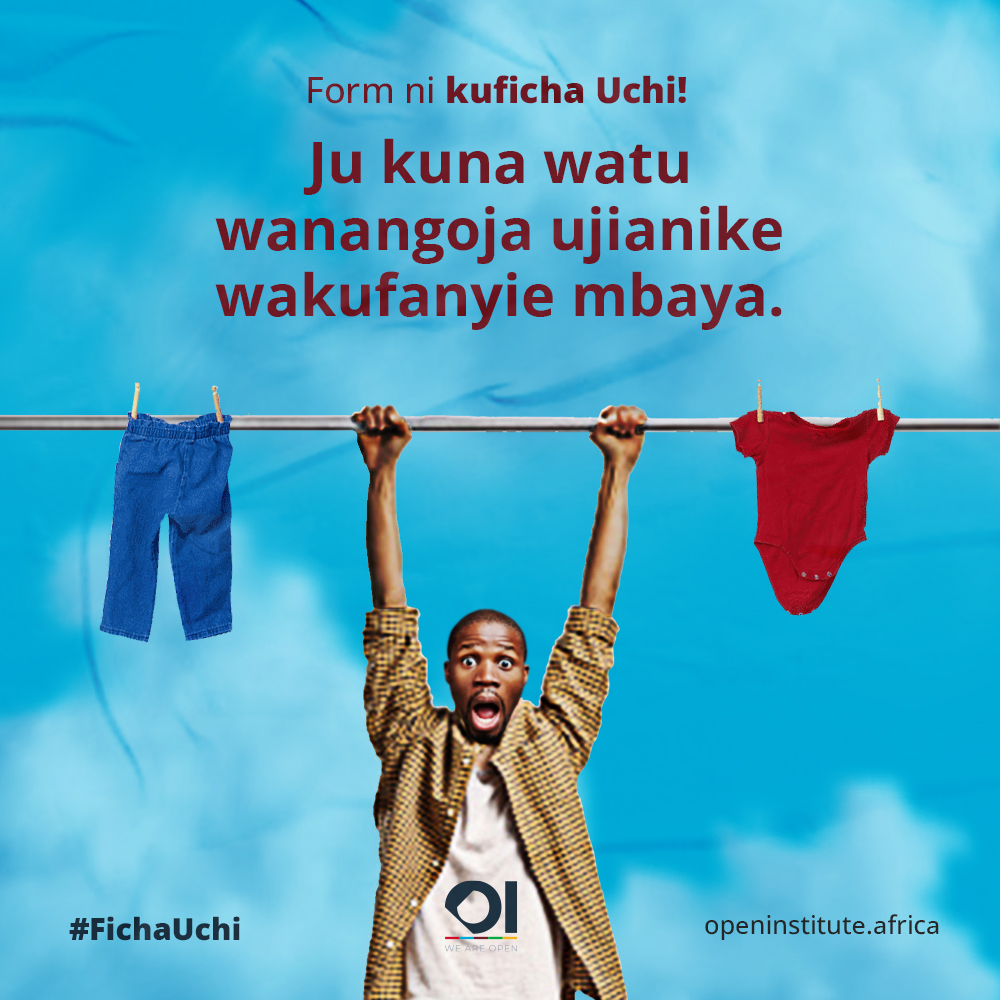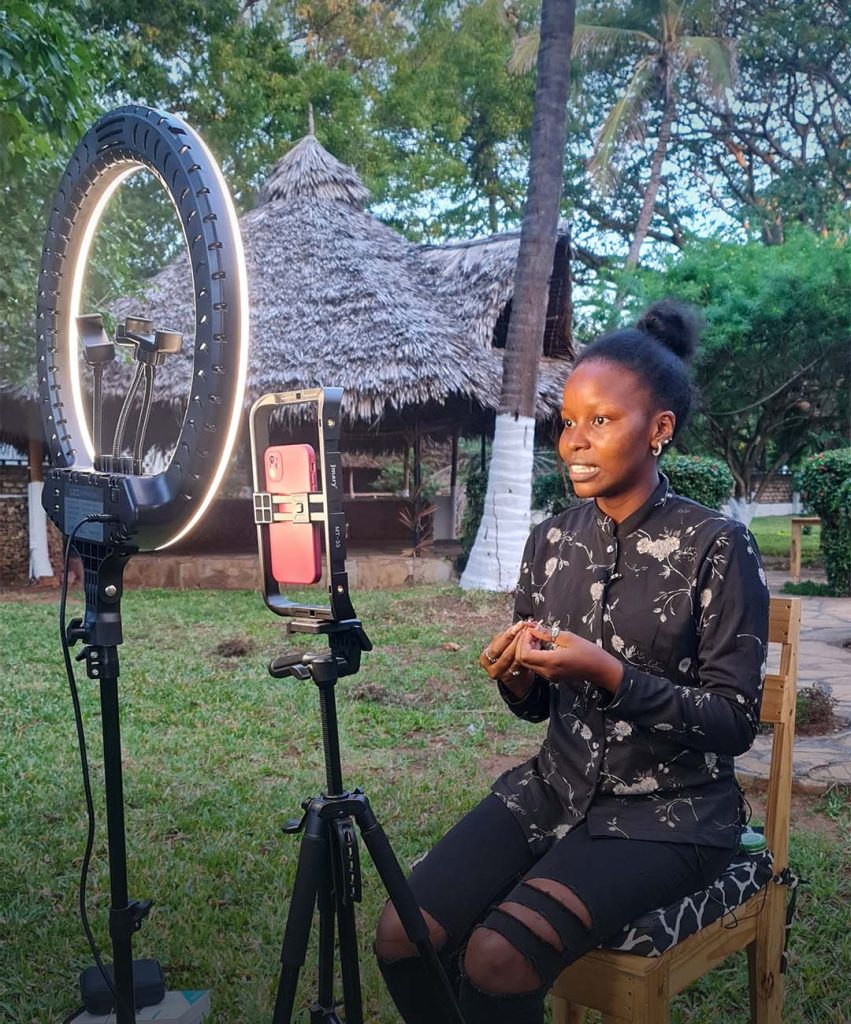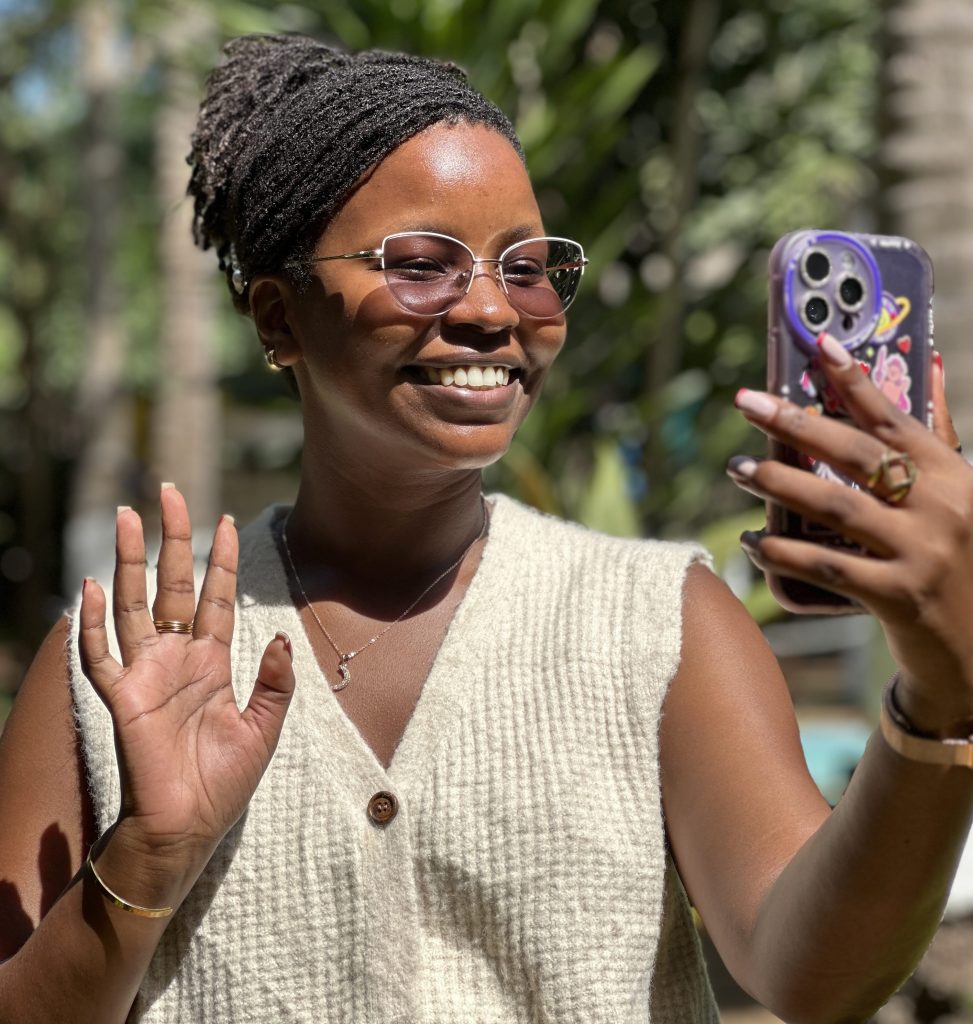Growing up, our parents tell us that we can be anything we want to be — the sky is the limit. We are encouraged to be brave in the pursuit of our dreams and desires because it is this will to win that pays off. But when you were asked “What would you like to be when you grow up?” and you said “A dancer!”, you would most definitely cause the inquirer to be diagnosed with clinical depression. To many African Boomers and Gen Xers, you are far more useful a tree providing shade than a dancer. In an African house, if you are in school and not pursuing a career in STEM fields, then you are wasting your life. It is this perception that dancers in Malindi are having to grapple with.
“We are not seen as serious people.” Said one of the dancers we met in May’s Kibaraza. Sure enough, when you look at them at face value through the lens of older generations who do not want to accept that rugged jeans are a fashion trend, then you may understand why. According to them, they are not seen as serious people because of how they dress (torn jeans and faded t-shits/shirts), how they speak (considering that majority of them did not complete school), how they hang out (in groups called squads that tend to be comprised of 5 to 10) and because of what they do (they are usually mostly unemployed, spending much of their time practising in social halls and hanging around the villages). Just like the other creatives in Malindi, Dancers struggle with personal branding.
But personal branding has a lot to do with money. It has a lot to do with will I buy new kicks (sneakers) or will I buy food? Will I buy some new jeans or will I buy medicines for my sick mother? None of the 12 young men we met — who are all unemployed — makes any monies from dancing. In the rare occasion that they do, it is quickly taken up by more pressing issues, meaning that they do not get the chance to reinvest in their skills.
As was with the previous groups, dancers here have not had a meet up of their own to talk about their issues and brainstorm on possible interventions. Each squad operates alone, only meeting when there is an audition for a competition (a rare occurrence). As such, they have not critically had a look at the obstacles they see and tried to use collective power to navigate through them. Additionally, very little knowledge transfer happens, so you find that certain groups that are a bit well to do are ahead of the others as regards to dance skills, techniques and even language.
The group told us about how they are used by politicians as entertainers during rallies, how event organisers would rather pay dancers to come from Mombasa city or Nairobi than local dancers, how they are seen as second best by society and how even they themselves bring each other down in attempts to outcompete each other. For instance, in order to get a gig, they tend to undercut each other with unreasonably low prices — we’re talking as low as KSH 150 per person for a whole day!
“Nobody has ever sat us down like this to listen to us and appreciate what we can offer.” This meet up was particularly different from the others because not in any of the previous ones had we been with a more discouraged group. Yet, they keep at it. They keep showing up for practise. They keep teaching others to learn the art. When we asked why, they told us that:
- Dancing has distracted them from indulging in drug abuse. “Kama si dance, labda sote hapa tungekuwa majunkie.” [Were it not for dance, we’d all probably be junkies].
- 70% of the biggest dancers in the country are from Malindi, including some of the names in the famous FBI dance crew. Top talents emerge from here and move to other towns, whereupon their successes is never traced back to Malindi.
- Dance is an important form of art that stores and disperses the culture of a place. Who shall express the stories of Malindi in a more expressive way if not dancers?
Having listened to this group, we realise that there is some work needed to find out the following:
- How can dance be used to shed light into the issues going on in our communities?
- How can dancers be made a crucial part of efforts to build sustainable communities?
- How can rural dancers be empowered to earn from dancing?
We shall definitely be having more meet-ups with Malindi’s dancers to brainstorm around this and to figure out a way of making their value to be felt.


